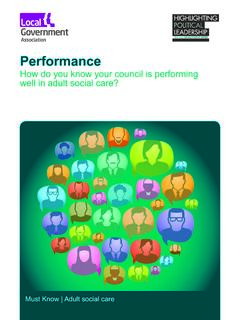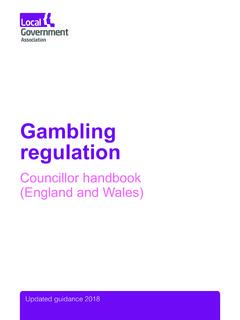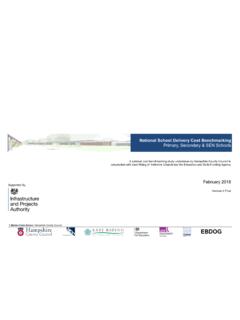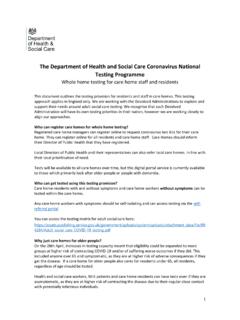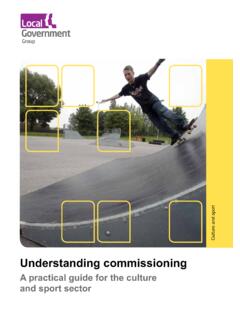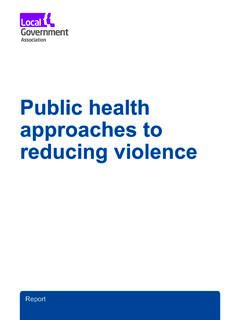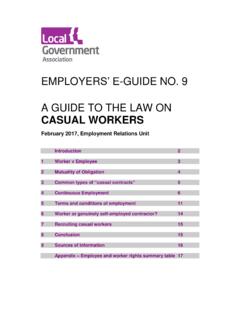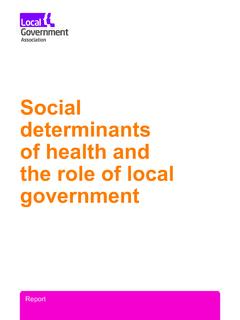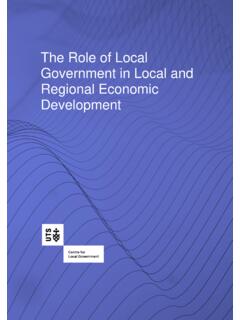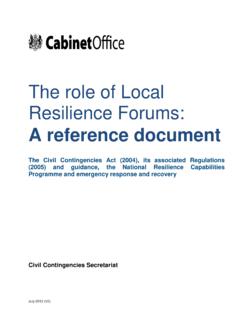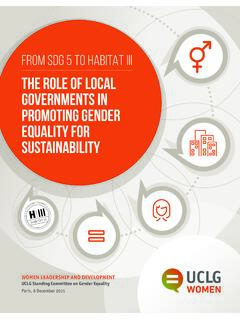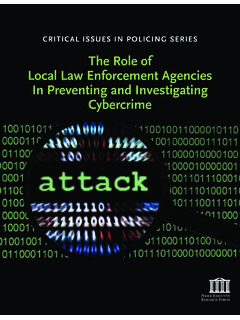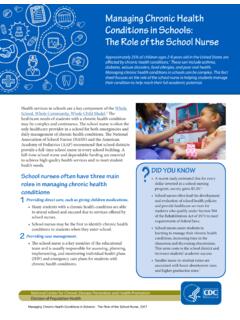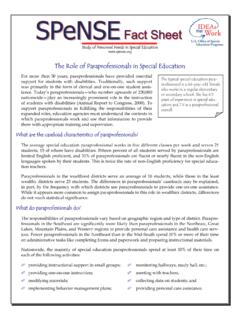Transcription of Loneliness, social isolation and COVID-19
1 Loneliness, social isolation and COVID-19 . Practical advice Note: this advice is correct as of 21 May Page 1 of 9. 18 Smith Square, London, SW1P 3HZ Telephone 020 7664 3000 Email Chief Executive: Mark Lloyd local Government Association company number 11177145 Improvement and Development Agency for local Government company number 03675577. Introduction The local Government Association (LGA) and Association of Directors of Public Health (ADPH) have jointly produced this practical advice for Directors of Public Health and others leading the response to the loneliness and social isolation issues arising from the COVID-19 .
2 Pandemic. It follows-on from our guidance about the public mental health impacts across the life Intervening early to tackle loneliness and social isolation during the COVID-19 pandemic and beyond will help to prevent more costly health and care needs from developing, as well as aiding community resilience and recovery. This can only be done at the local level through partnerships between the council, voluntary and community sector, councillors, primary care networks and relevant others. Councils have a key role to play in this, because they own most of the assets where community action could or should take place, such as parks, libraries and schools, with councillors creating the localised neighbourhood partnerships to deal with a range of mental and physical health issues.
3 There is also an opportunity to harness and develop the positive changes that we are seeing, such as greater awareness about the impact of personal behaviours on mental wellbeing. 1 Page 2 of 9. 18 Smith Square, London, SW1P 3HZ Telephone 020 7664 3000 Email Chief Executive: Mark Lloyd local Government Association company number 11177145 Improvement and Development Agency for local Government company number 03675577. Loneliness and social isolation impacts and risks We can expect more people of all ages to experience loneliness and social isolation due to the impact of social distancing measures and the reduction in face-to-face opportunities to socialise, connect with family, neighbours and friends, and to take part in physical activity and everyday cultural and faith experiences.
4 There is an extensive evidence base about the impact of loneliness and social isolation on people's lives, their relationships and their wellbeing. It is also a serious public health concern. It leads to higher rates of premature mortality comparable to those associated with smoking and alcohol consumption around 30 per cent higher than for the general population2 and is a risk factor in developing Public health teams in councils are already working closely with partners, especially the voluntary and community sector (VCS), to tackle loneliness and social isolation .
5 Whilst loneliness is often associated with social isolation , these two concepts, though linked, are distinct and will require different responses during the outbreak. For people who are already socially isolated ie they already lack the social contacts to reach out for support, being asked to socially isolate due to COVID-19 , especially if they are in a clinically high-risk group and are shielding, can be difficult. Digital exclusion is a key driver of social isolation and it is important to ensure that people without internet access, or who do not use the internet, still receive information in an appropriate format about how to access support and are helped to get online if they wish to do so.
6 The LGA's supporting vulnerable people briefing4 sets out how councils are identifying and helping people who do not have access to support networks during the COVID-19 pandemic. Even if someone is not completely socially isolated in terms of having people who are important to them and who can help them to navigate their day to day lives, social distancing rules mean that many people are missing out on emotionally fulfilling social contact and may feel lonely. Councils are working hard with the VCS and faith groups to ensure that people feel as connected as possible.
7 Communities are self-organising and there are many imaginative responses, such as virtual pubs, choirs and concerts, that are helping to keep people connected. There is also a positive opportunity to build upon increased neighbourliness and volunteering to help strengthen community capacity and resilience. The loneliness and social isolation impacts from COVID-19 will be experienced by people across the life course, but some will be more at risk than others and will need targeted approaches that are also sensitive to the stigma that can be associated with loneliness and social isolation .
8 The table below summarises the main risk factors of loneliness and social isolation , many of which overlap, including those specific to COVID-19 : 2 Loneliness and social isolation as Risk Factors for Mortality - A Meta-Analytic Review Perspectives on Psychology', Holt-Lunstad J, Smith TB, Baker M, et al. published online 2015. 3 Loneliness as a Specific Risk Factor for Depressive Symptoms: Cross-Sectional and Longitudinal Analyses', Cacioppo, Hughes, et al. American Psychological Association, 2006. 4 Page 3 of 9. 18 Smith Square, London, SW1P 3HZ Telephone 020 7664 3000 Email Chief Executive: Mark Lloyd local Government Association company number 11177145 Improvement and Development Agency for local Government company number 03675577.
9 Risks Implications for local responses Existing risk Age young people are the most likely to Continue to take into account these factors not report feeling lonely but the largest number factors when planning local actions to directly of people experiencing loneliness are older address loneliness and social isolation affected by people during and beyond the outbreak COVID-19 Where you live people who feel they Information to draw upon includes belong less strongly to their neighbourhood insight from the VCS and ward report feeling lonely councillors, ONS data and heat maps More often, as do those who have little such as Age UK's5.
10 Trust of others in their local area Living alone this is a key indicator of social isolation and potential loneliness and especially affects older people Existing risk Caring responsibilities Specific communications and factors that Experience of bereavement interventions may need to be targeted might be Poor physical and mental health at people at higher risk of loneliness exacerbated by Household income and social isolation because of COVID-19 Pregnancy and new parents COVID-19 and the current restrictions Digital exclusion Transport connectivity Relationship breakdowns both of couples and within families New and social distancing measures People may need to be supported to emerging risk Shielding for the medically extremely deal with the specific loneliness and factors as a vulnerable, especially when people do not social isolation impacts of COVID-19 , direct result of have access to support networks.


